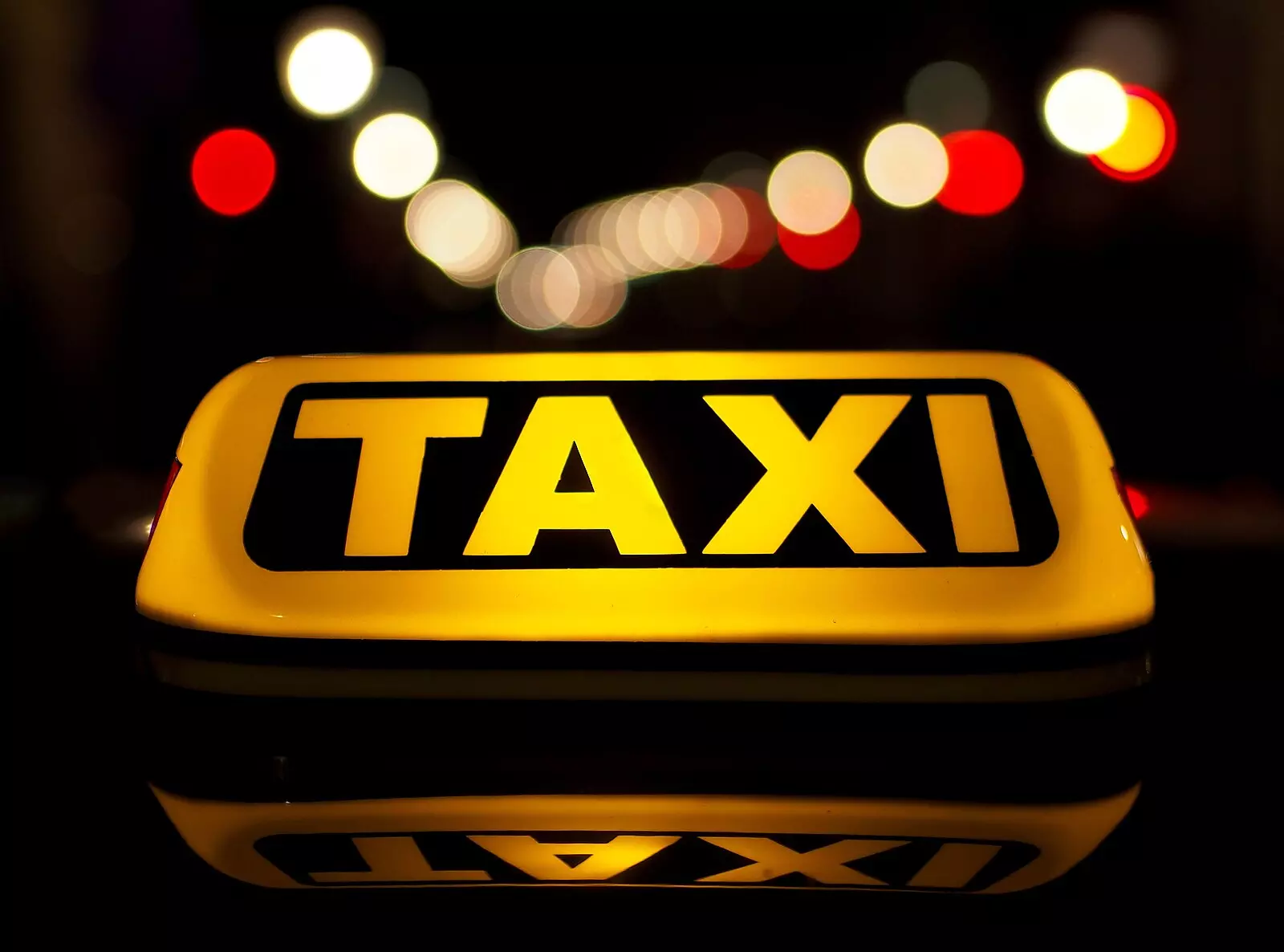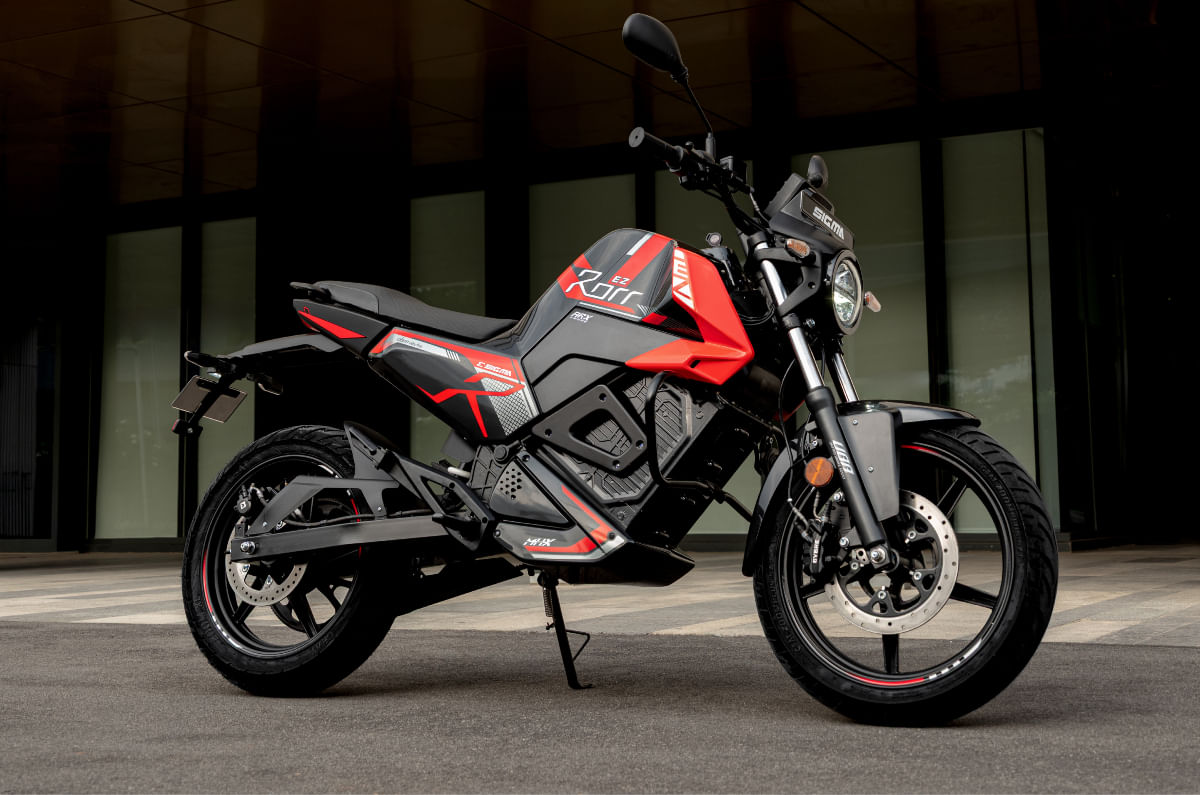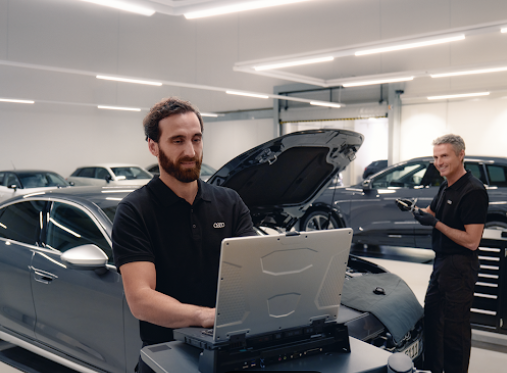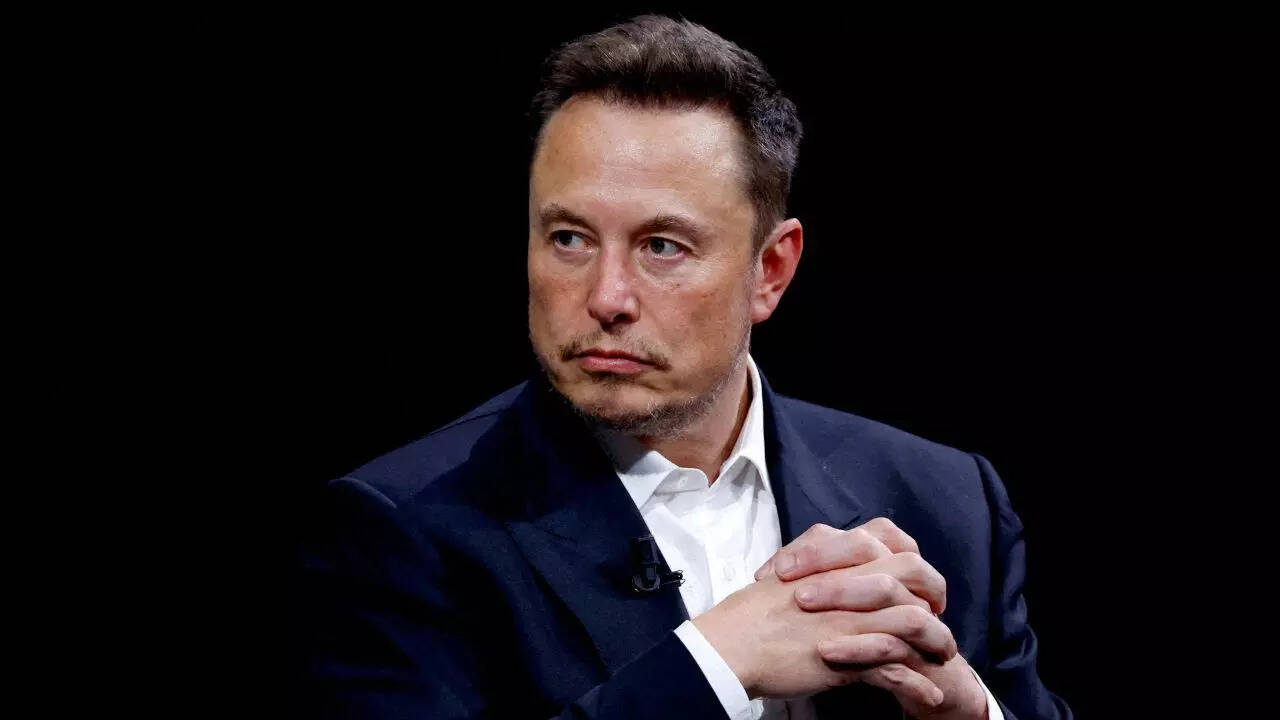Is E20 petrol – or petrol with 20 per cent ethanol blending – really affecting your car’s performance as well as fuel efficiency? Multiple concerns have been raised by citizens over the last few days saying they’re seeing a dip in both fuel efficiency as well as performance figures in their cars. Addressing those concerns, the Indian government has come out with a series of rebuttals claiming that these concerns are largely unfounded and not supported by scientific evidence or expert analysis.
In a statement, the Union Ministry of Petroleum and Natural Gas said,”Ethanol has a higher octane number than Petrol (~108.5 vs. 84.4) which implies that ethanol-petrol blends have a higher octane number than traditional petrol. Vehicles tuned for E20 (having increased RON) deliver even higher performance.(Ethanol) increases air-fuel mixture density, therefore increasing the engine’s volumetric efficiency.”
Also Read: Hydrogen And Green Fuel Will Be India’s Future: Gadkari
Acknowledging a drop in fuel efficiency owing to the use of E20 petrol, the Ministry added, “Ethanol, being lower in energy density than petrol, results in a marginal decrease in mileage, estimated at 1–2 per cent for four-wheelers designed for E10 and calibrated for E20, and around 3–6 per cent in others. This marginal drop in efficiency can be further minimized through improved engine tuning and use of E20-compatible materials.” It also said that replacement of some rubber parts and gaskets could be advised in certain older vehicles after prolonged use of say 20,000 to 30,000 kms.
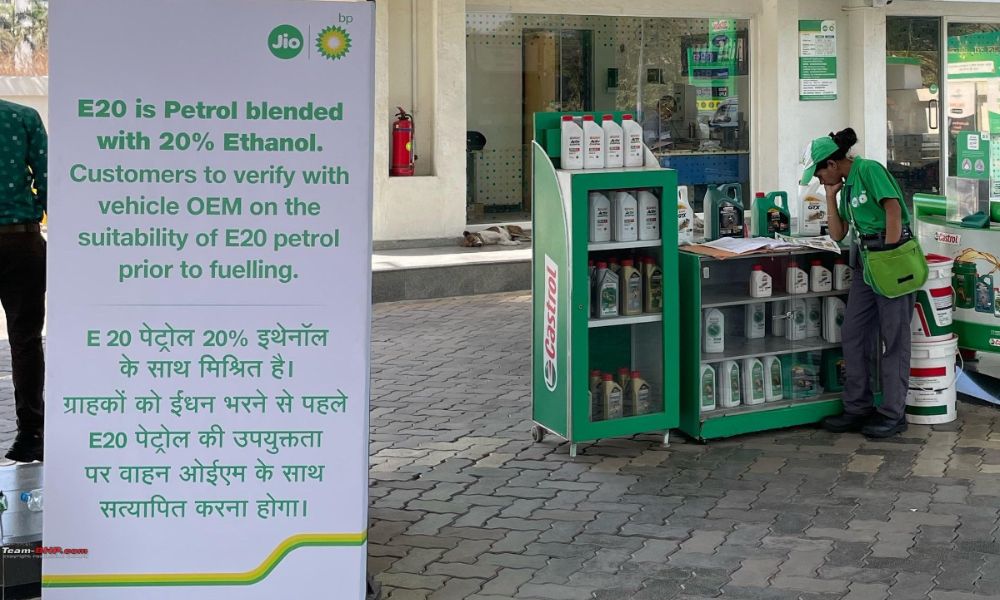
Warning signs have been put up at some fuel stations regarding use of E20 fuel.
Apart from the reduced fuel efficiency and performance car users have also been complaining about ethanol-blended petrol being sold at the same cost as earlier and non availability of petrol sans ethanol at fuel pumps. Multiple users have taken to social media complaining about the disadvantages since they started using E20 petrol in their cars. There has also been no advisory issued yet from leading carmakers about the usage of E20 fuel in cars which do not have E20-compliant engines.







